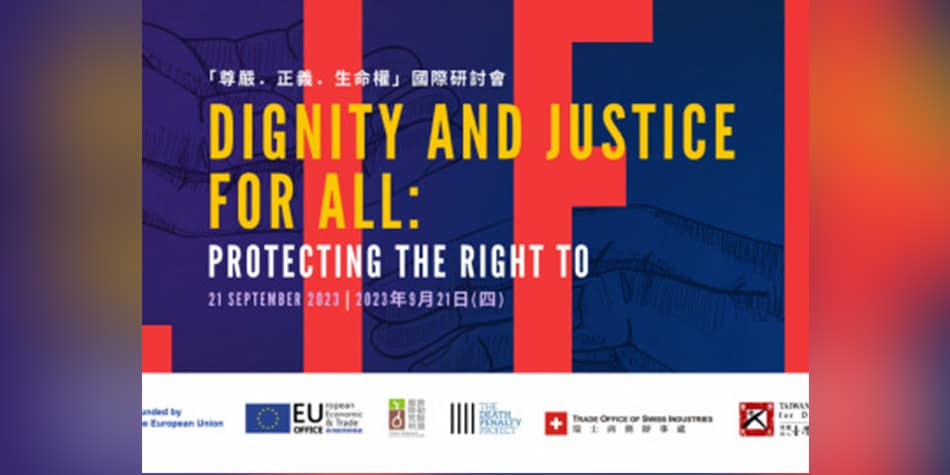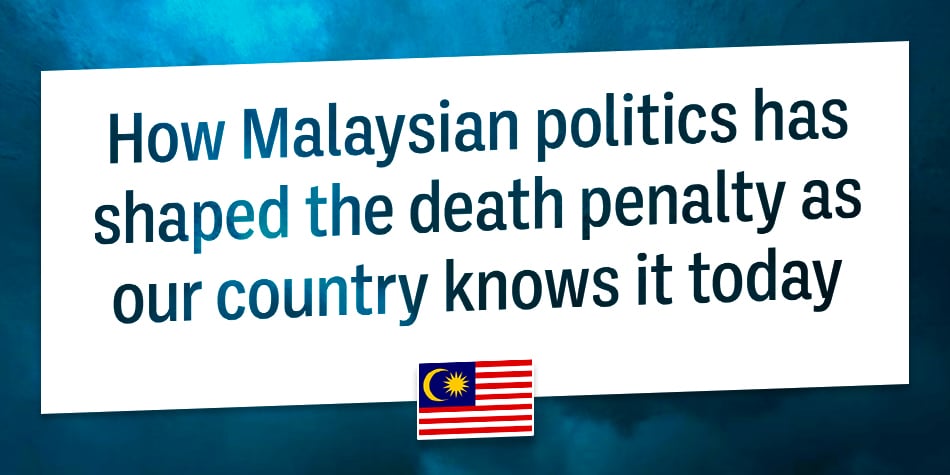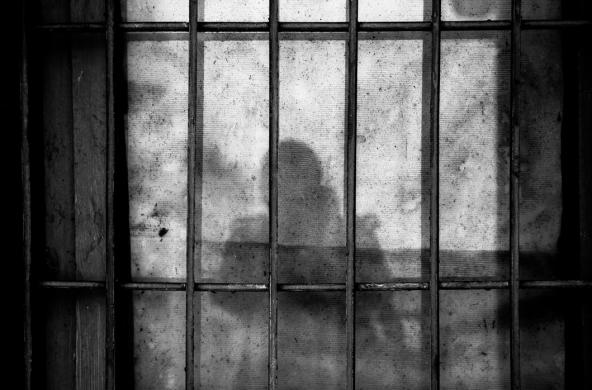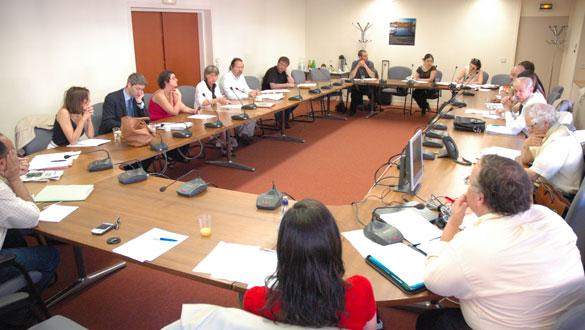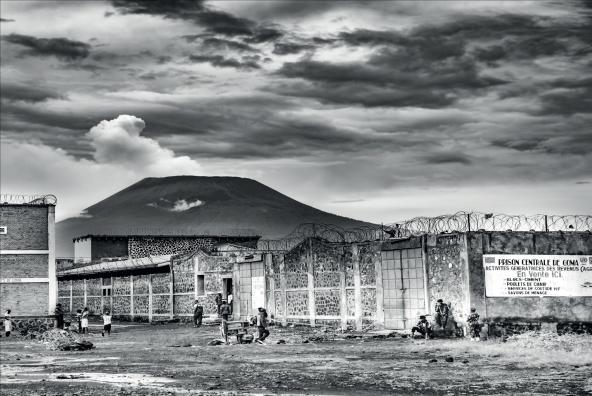
Death Sentences in the Democratic Republic of the Congo More Numerous than Previously Thought
Report
The DRC has been an abolitionist de facto country for almost 20 years, the last execution dating to January 2003. While there has been growing civil society and political interest in the question of full abolition, capital punishment has continued to be passed down in the courts. Presenting the report at Ensemble Contre la peine de mort (ECPM)’s headquarters, Liévin Ngondji, President of Congolese NGO Culture pour la Paix et la Justice (CPJ), spoke about the main findings and what this may mean regarding the abolitionist fight in the DRC.
A team of fact finders, led by CPJ, visited 10 prisons and detention camps spread throughout the country and interviewed over 250 individuals sentenced to death along with their family members, and prison workers. The team uncovered alarming facts about the current state of capital punishment throughout the nation including a much higher estimation of individuals sentenced to death than previously estimated, systemic problems in the DRC’s judiciary and the question of torture on death row.
THE PROFILE OF THOSE SENTENCED TO DEATH IN THE DRC
The report found that there are at least 510 individuals living with a death sentence in the DRC. This is twice the number than was previously estimated. Of those sentenced to death, almost half are incarcerated in an isolated detention camp in the north of the country in Angenga. A profile of those sentenced to death emerged; while most who are sentenced to death are men, there is at least 1 woman who was interviewed. Individuals ranging from 20 to 70 years old were interviewed, although the mean age is 40. In addition, 44% of incarcerated individuals had been sentenced to death in the past 5 years, and another 16% had been sentenced in the past 16-20 years.
SYSTEMIC FLAWS IN THE JUDICIARY AND THE RIGHT TO LEGAL REPRESENTATION
During the interviews, a reoccurring feature of many individual’s backgrounds was a flawed trial and ineffective legal representation during trial. Mr. Ngondji, a practicing lawyer himself, noted that the growing militarization of the Congolese legal system, not being given an interpreter during the court proceedings and coercion on the part of law enforcement to get a confession all contribute to large systemic flaws, barring hope for access to fair trials.
The theme of 2020’s World Day Against the Death Penalty if the lack of effective legal representation during all stages of an individual’s arrest and the higher chances of a death sentence if such representation is not offered. This study exemplifies the paramount nature of this right in the outcome of an individual’s trial and the weight of the sentence. While 66% of those interviewed indicated that they had some sort of legal representation during their trial, many said that their legal representation was far from sufficient citing issues such as their lawyers were inexperienced in capital punishment trials, that they left mid-trial as they were not being paid by the client, or they put in contact with the defendant the day of the trial with no means to prepare in advance. Another 34% admitted to not being afforded a lawyer at all by the courts and being alone during the trial. Even though the Congolese penal code provides for universal legal representation, “the funds allocated for legal aid are generally unavailable at the free consultation offices of the Bar Association. Lawyers and advocates therefore do not have the resources to prepare files and organize the defense of their clients.”
DETENTION CONDITIONS
On top of the death sentence, the report disclosed details of prison conditions and what living on death row means for those who are sentenced. As the DRC is under a de facto moratorium, many who receive the death sentence are incarcerated indefinitely. Many are housed in facilities that are located far away from their families, rendering seeing loved ones a complicated, costly affair at best and completely impossible at worst. Overpopulation in prisons is omnipresent, going as far as 560% over capacity at the prison facility in Makala and 465% in Goma. Sanitary and hygiene conditions are deplorable, as well as the quality of food, medical services and security services in the prisons which contribute annually to numerous deaths. In 2019 the UN’s Committee on Torture condemned the situation, equating the hazardous living conditions to the definition of torture.




